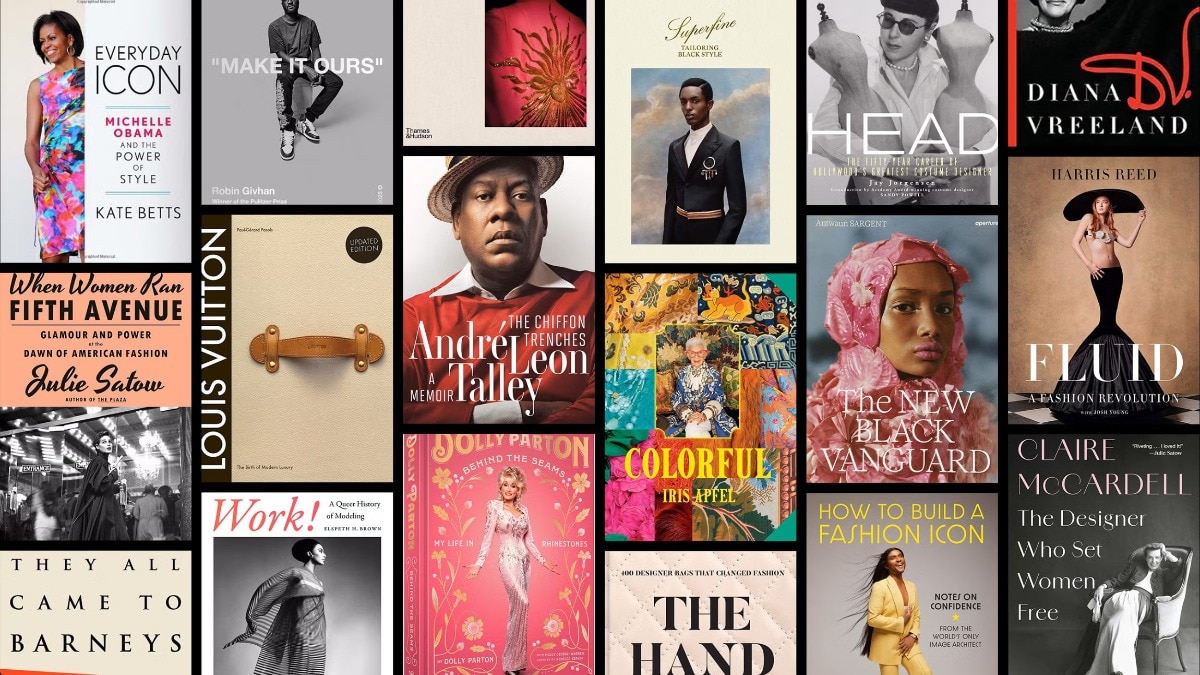How to silence your inner critic
We all have times when we speak more harshly to ourselves than we would to a friend. Psychotherapist Julia Bueno explains how we can learn to silence that negative inner voice.


When was the last time you heard a nagging voice in your head telling you you’re not good enough? The smallest thing might trigger it. For instance, stumbling when you’ve had to speak in public or catching a glimpse of your reflection and berating yourself for how you look. You might tell yourself you’re an idiot, unworthy, or that you should have done better. If this is you, chances are you’re wrestling with your inner self-critic.
I have worked as a psychotherapist for 20 years in University Counselling Services, the NHS and most recently have started my own private practice. Every day, I help people understand themselves better. I am also hugely self-critical. I was—and still can be—prone to attacks of shame and self-loathing. It can be for the most trivial of reasons: saying something without thinking and worrying about the other person’s reaction, or wording an email in a clunky way and going over and over how I could have done it better.
It was my partner who noticed how strong my inner critic was. Having it pointed out ignited my desire to learn more about why we’re so negative towards ourselves, and more importantly, how we can stop it.
When it comes to my clients, self-criticism runs like a golden thread through almost every story. Common triggers include social situations such as leaving an event or gathering and finding yourself mired in judgment as to whether you were ‘interesting’ enough or whether you offended someone or made a fool of yourself. And work situations, too—not applying for a job or promotion or fear of failing or agonising over a piece of work and never feeling it’s good enough to present to colleagues. Our self-critic can even affect our relationships. Very often, people hold back from forging deep connections with another person for fear of not being ‘good enough’. It might show up as commitment phobia or avoidance or worry about dating.
Self-criticism can lead to detrimental behaviours such as making us intense people-pleasers, acting selflessly at a heavy cost of our own needs; exhausting ourselves striving for perfection; or avoiding positive relationships and opportunities. In extreme situations, self-criticism can be the cause of severe mental illness. If you have a self-critic grabbing the steering wheel, you’re setting yourself up for an exhausting way of living in the world, in which you’re never going to feel worthy.
Research suggests that women are more self-critical than men, but they also tend to be more tuned in to their self-loathing and able to tolerate the vulnerabilities it brings, which means they turn to therapy more often than men. My experience hasn’t convinced me that men are any less self-critical—I think they simply hide it more.
Therapy isn’t always the answer. But by learning to tune into that inner critic you can make a choice—to go down the rabbit hole of berating yourself so much that you cut yourself off from other people and become anxious or depressed or to learn from your self-critic and start to forgive yourself.
Know your self-critic
Self-criticism can be very subtle. So much so that, very often, people who have been doing it to themselves for ever don’t even notice. One of my clients likened self-criticism to the wallpaper in their childhood bedroom—they had grown up with it and become so used to its presence that it was only when they actually stopped to look at it that they really saw the pattern.
The first step is to recognise that inner self-critic; to pause when you berate yourself and think, ‘Hang on, I just spoke to myself very harshly.’ This reflection is an ongoing process, because you might not actively do it in the moment. It’s about taking the time to ask yourself questions such as, ‘Was I overly negative towards myself earlier? How does that make me feel? And how might I react differently next time?’
Discover the roots
Ask yourself where did this self-critic come from? In my experience, self-criticism evolves in response to a whole constellation of forces coming at us; some obvious, some less obvious.
I often encourage people to think about their early attachments and relationships and their family upbringing. Even if a parent, sibling or teacher didn’t intend to criticise us, if we feel this at the time, we internalise it. Recounting our early experiences can help us to trace how our attitudes were shaped.
If you find yourself in a slump or feel a sense of embarrassment, shame or wanting to withdraw, try reverse engineering. Those feelings might be related to the here and now, but they might also be reflective of a different occasion many years ago and your nervous system is remembering that episode or experience. Through the process of unpacking our self-critic’s origins, we can be better able to alter our thought process and work out if we should listen to it or not.
Set an intent
You can’t run a marathon by only watching relevant YouTube videos—you have to buy the trainers, lace them up, and get going. In the same way, it’s important to set intent when it comes to tackling your self-critic. I encourage people to be their own detective, to be curious about their thought patterns and to set themselves to the task of attempting to catch their self-critic in the act, even if just for a day. If you notice yourself feeling ‘toe-curly’ and disliking yourself, take a pause. Work backwards and ask, ‘What did I say to myself or believe about myself to make me feel this way? What was it in response to?’
Try having a pen and paper at the ready, and every time you catch yourself being overly critical, write it down. Seeing the words you have said to yourself can be a powerful intervention.
Correction or criticism?
Self-correction—our inner voice that helps us move on from mistakes—is different from self-criticism. With self-correction, we are patiently helping ourselves to improve, learning from the way we have acted in order to do better next time. For example, we may have made a joke that someone found hurtful. Self-correction would be apologising and making a mental note to think before speaking next time, whereas self-criticism would be spiralling into deep regret, berating ourselves and replaying the incident in our mind, unable to move on. The former can be helpful; the latter can make things worse.
Learn self compassion
If a colleague was late with a project by a few hours, would you tell them they deserved to be sacked? The answer, of course, is no. To tackle the critical inner voice, we should treat ourselves as we treat other human beings; only then will we accept that we are worthy of that same respect and love. Self-compassion is not about self-pity or self-indulgence—it can keep us engaged with the world. There are many reasons why we internalise negative messages about ourselves; making an inventory of them might help to take the sting out of them. It can also help to imagine what you would say to a good friend in the same situation. For example, when you make a mistake, rather than calling yourself ‘stupid’ or ‘forgetful’, tell yourself, ‘please don’t worry, you did your best.’ Pay attention to the tone you use—softer, slower, kinder. Once you get into the habit of being kinder inwardly, you’re setting yourself up for a happier, more fulfilling life.
Everyone’s A Critic: How We Can Learn To Be Kind To Ourselves (Virago) by Julia Bueno is out in paperback.
This article first appeared in Good Housekeeping.










